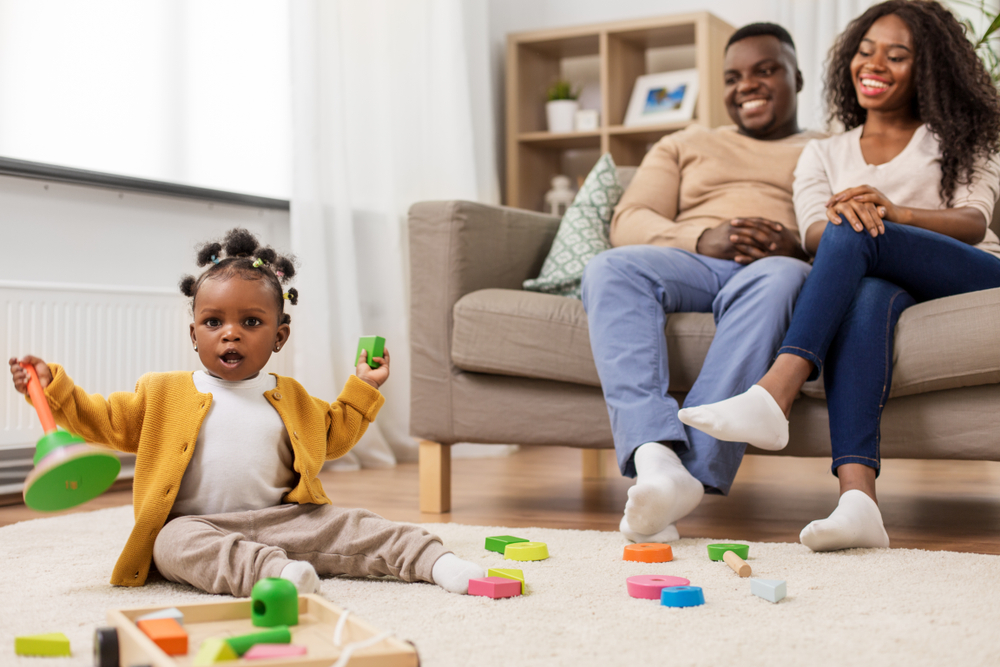Logical thinking development Worksheets for Ages 3-7
21 filtered results
-
From - To
Boost your child’s cognitive abilities with our engaging Logical Thinking Development Worksheets designed for ages 3-7. These interactive and fun worksheets promote critical thinking and problem-solving skills through a variety of age-appropriate activities. Each worksheet encourages children to recognize patterns, make comparisons, and solve puzzles, laying a solid foundation for future learning. With colorful designs and captivating themes, your little ones will enjoy developing their logical reasoning skills while sparking their imagination. Perfect for homeschooling or supplementary learning, our worksheets help build confidence and foster creativity in a nurturing environment. Explore playful learning today and watch your child's mind thrive!
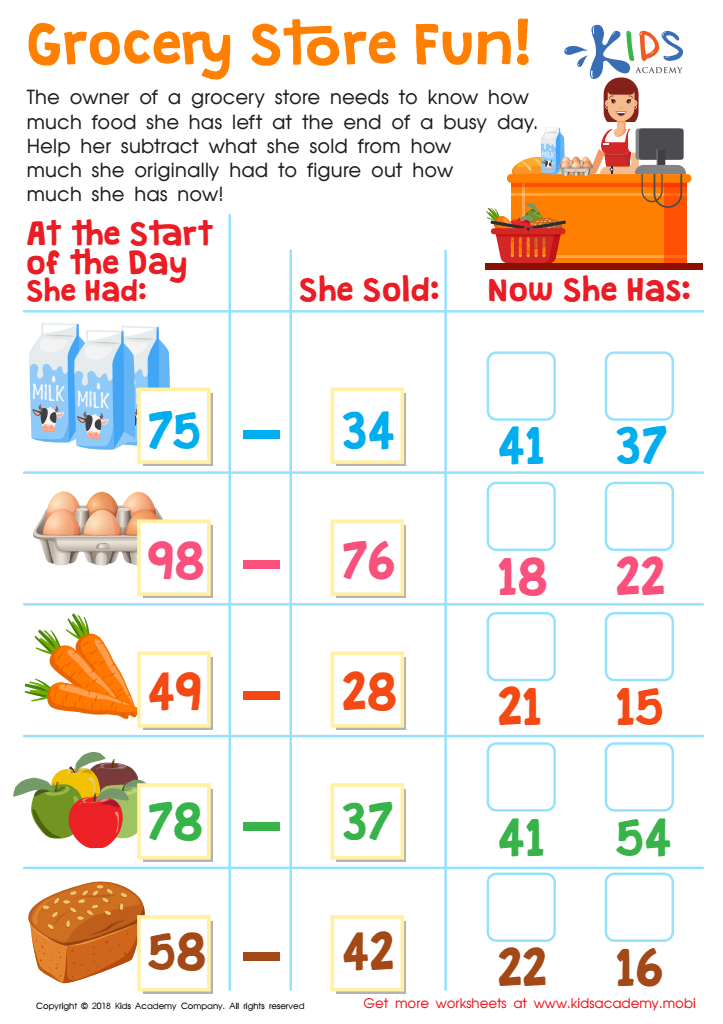

Grocery Store Fun! Worksheet


Tricky Problems Worksheet: Part 2
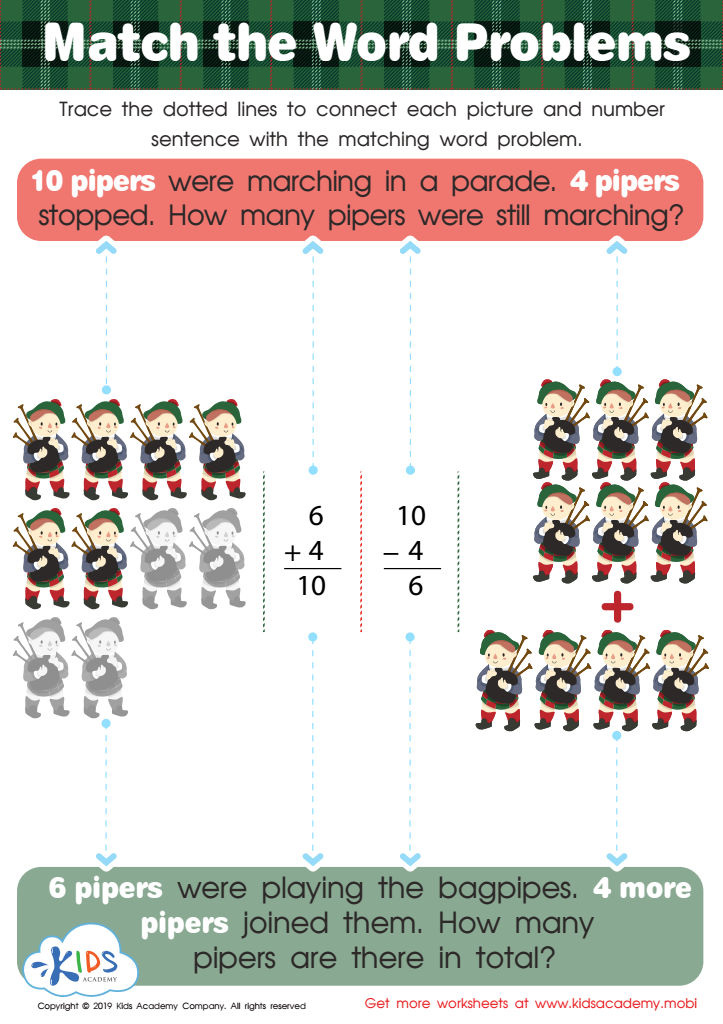

Match the Word Problems Worksheet
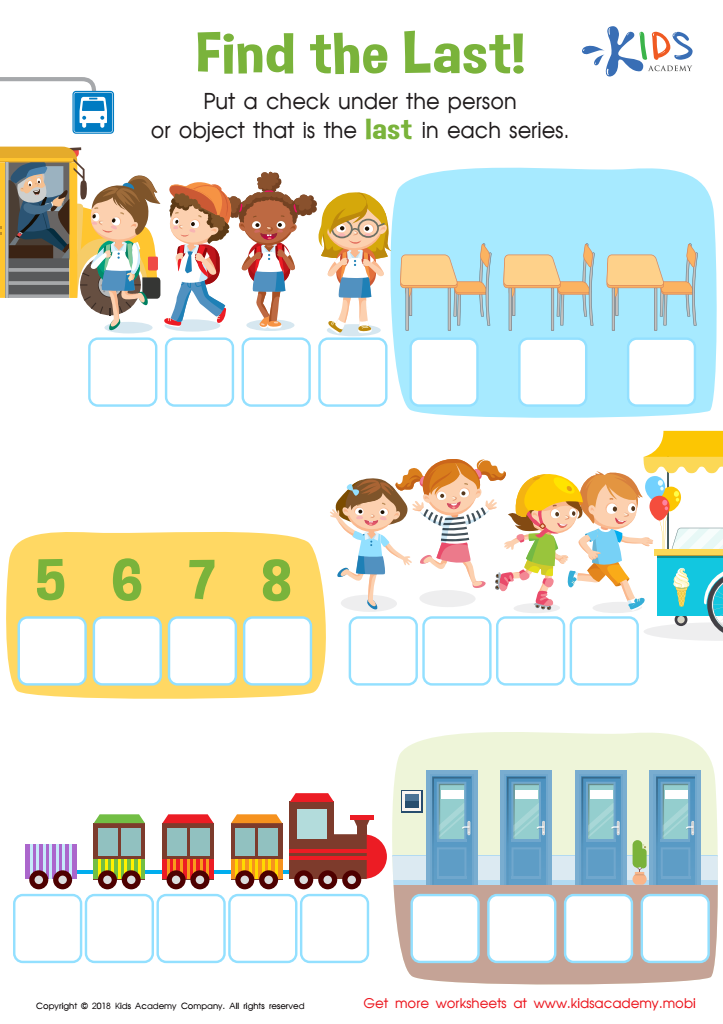

Find the Last! Worksheet
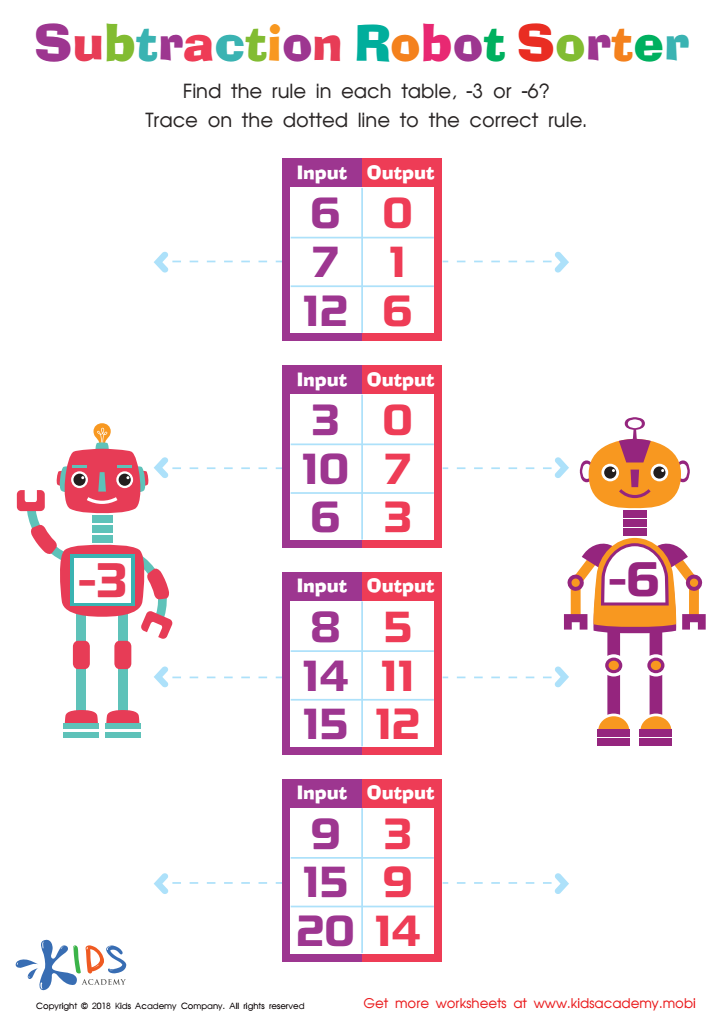

Subtraction Robot Sorter Worksheet
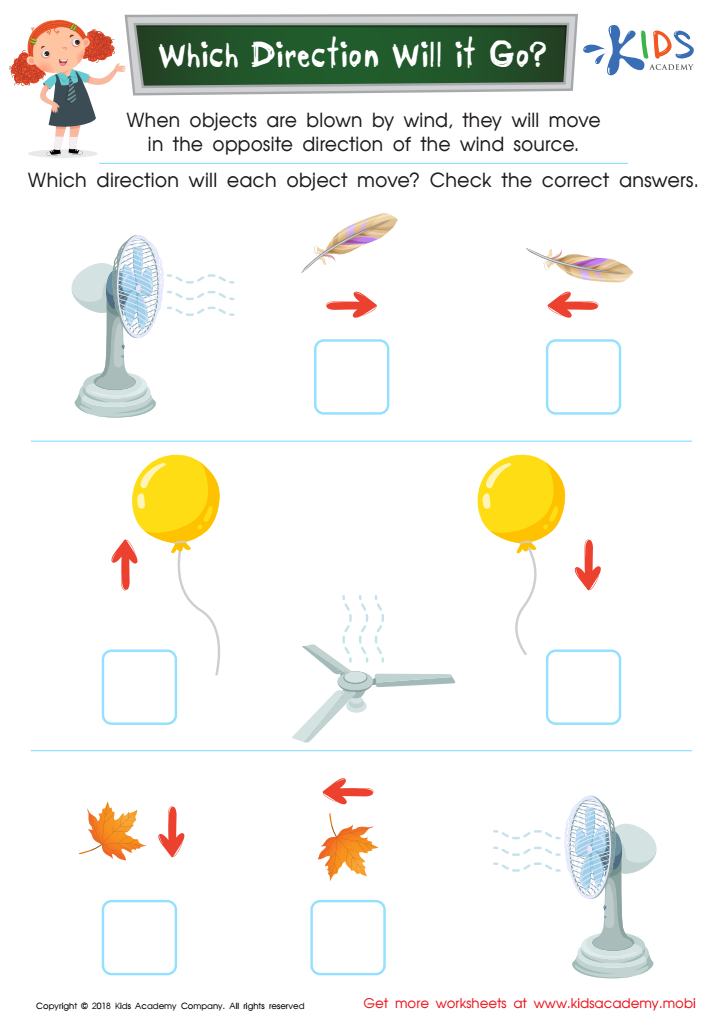

Which Direction Will it Go? Worksheet
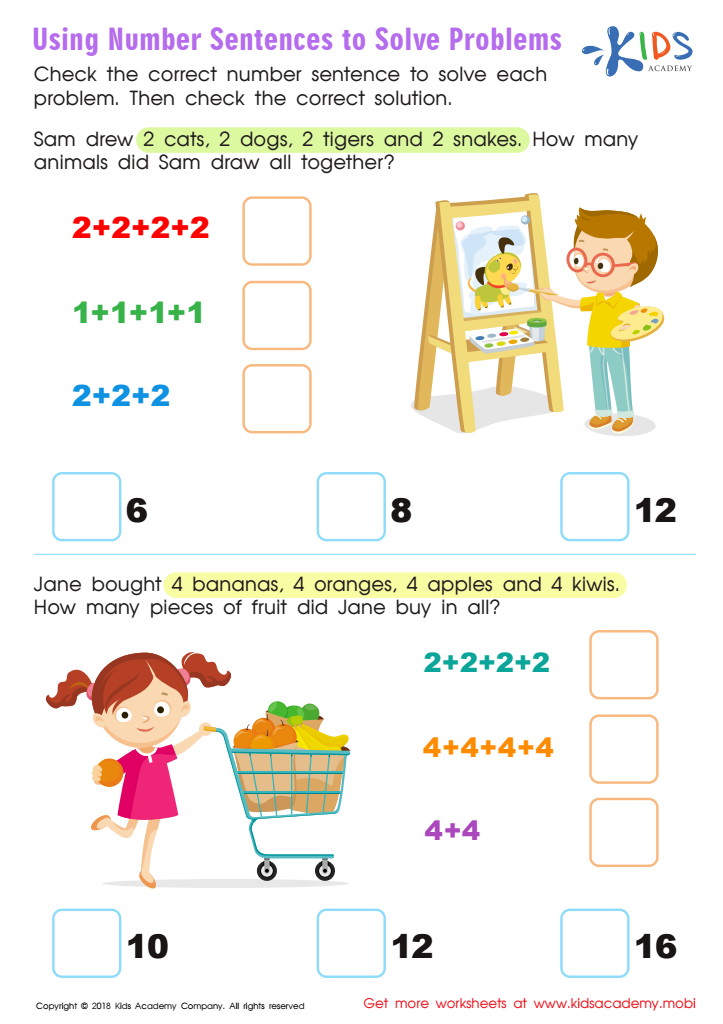

Using Number Sentences to Solve Problems Worksheet
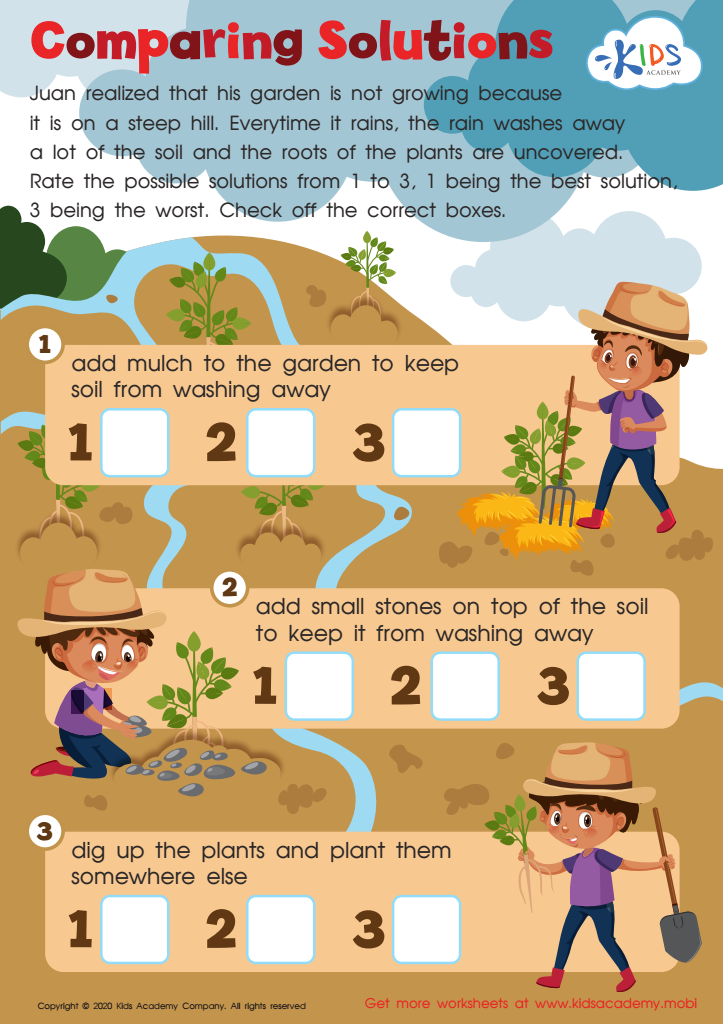

Comparing Solutions Worksheet
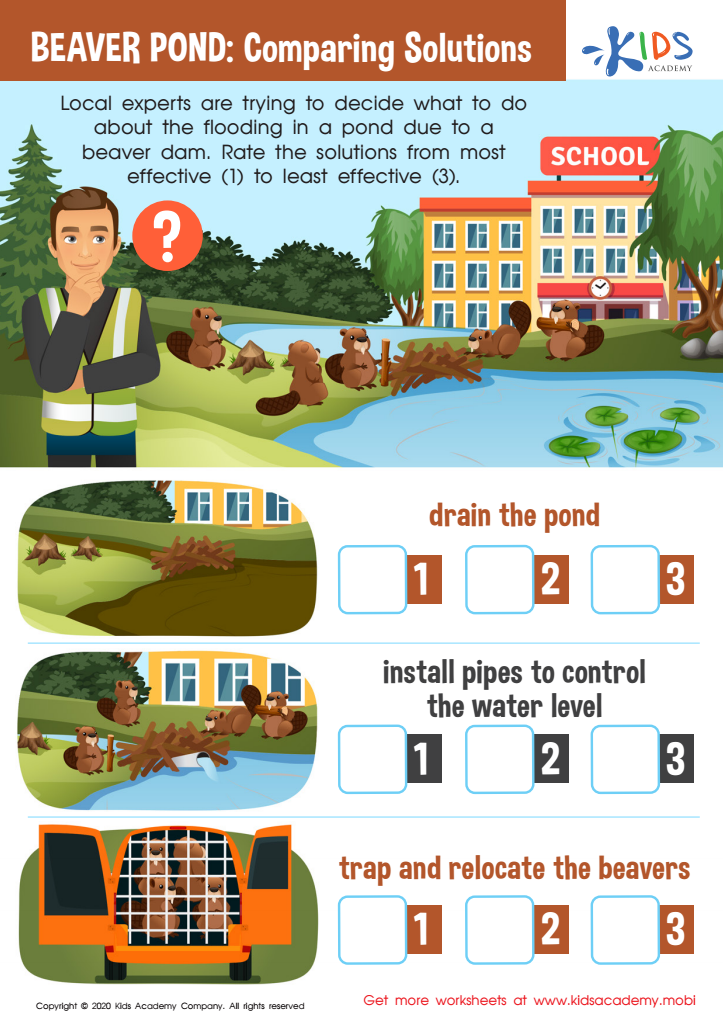

Beaver Pond: Comparing Solutions Worksheet
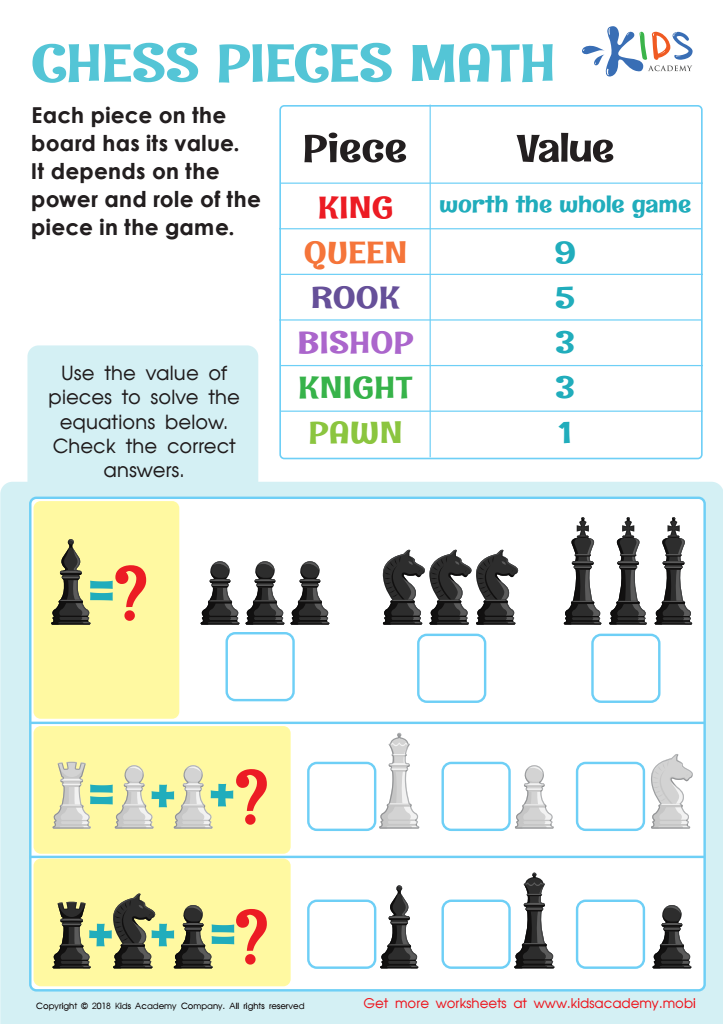

Chess Pieces Math Worksheet
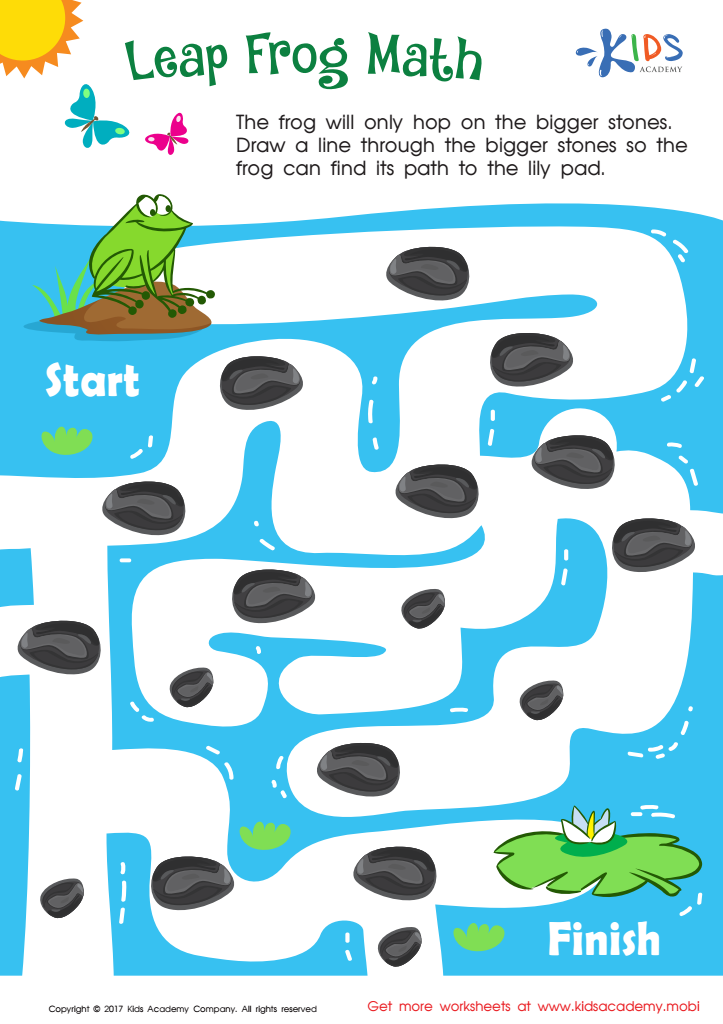

Math Puzzle Worksheet
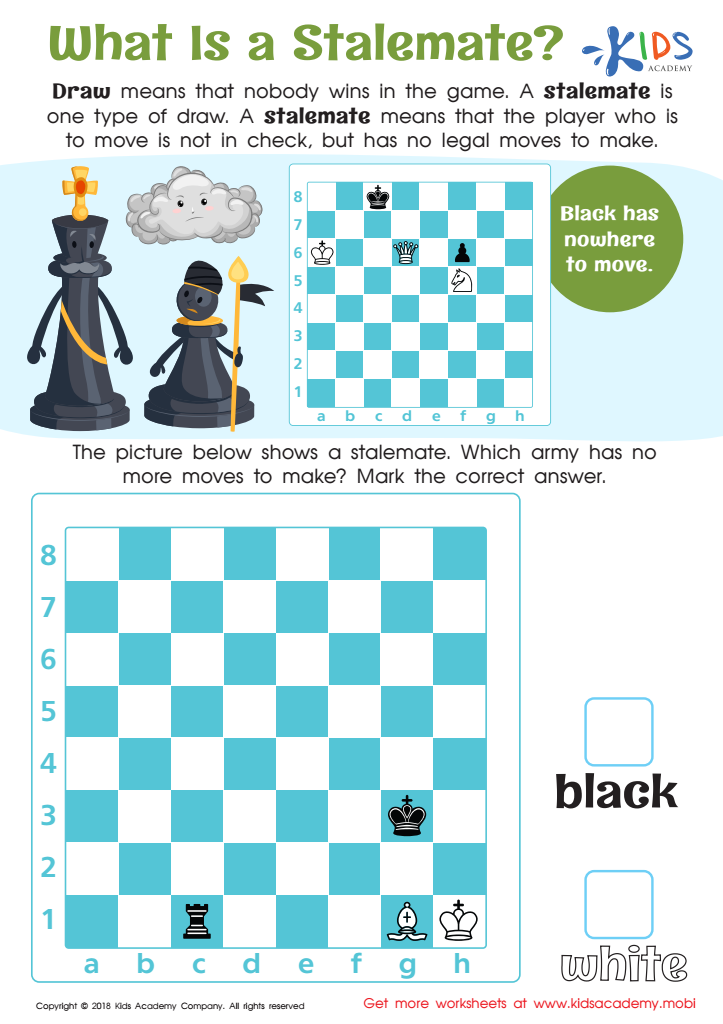

What Is a Stalemate? Worksheet
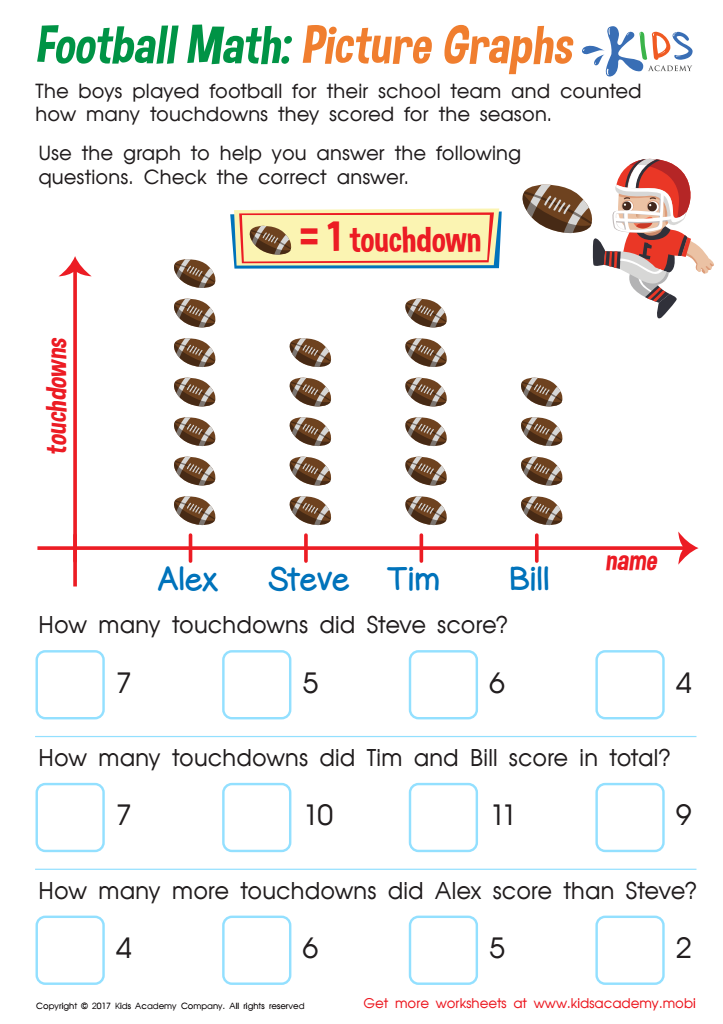

Football Math Worksheet
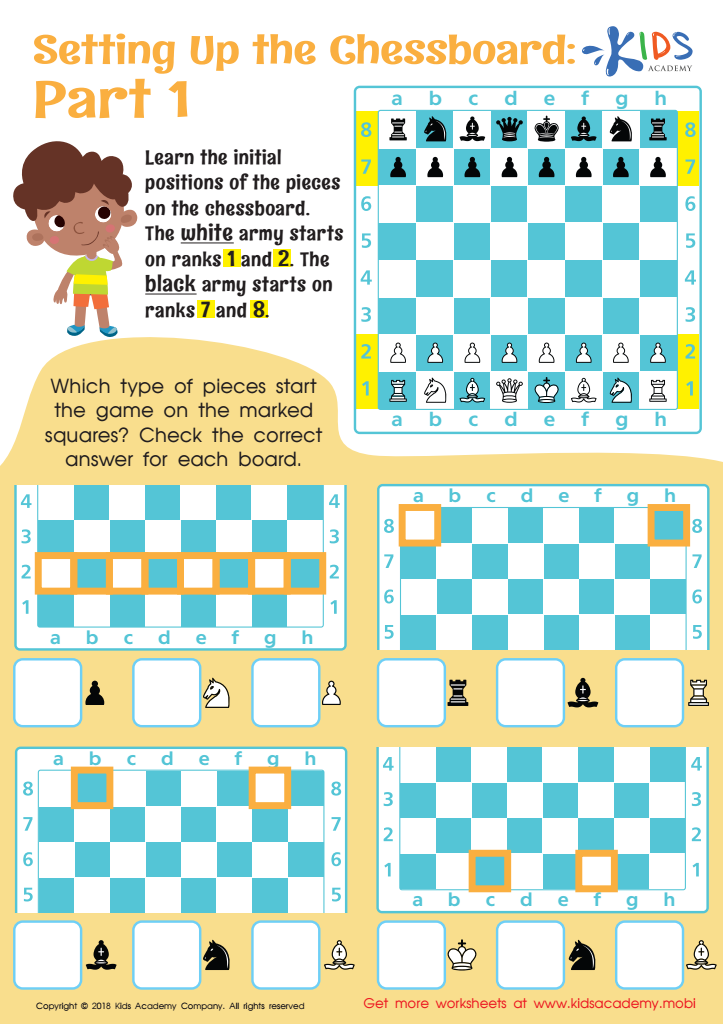

Setting up the Chessboard: Part 1 Worksheet
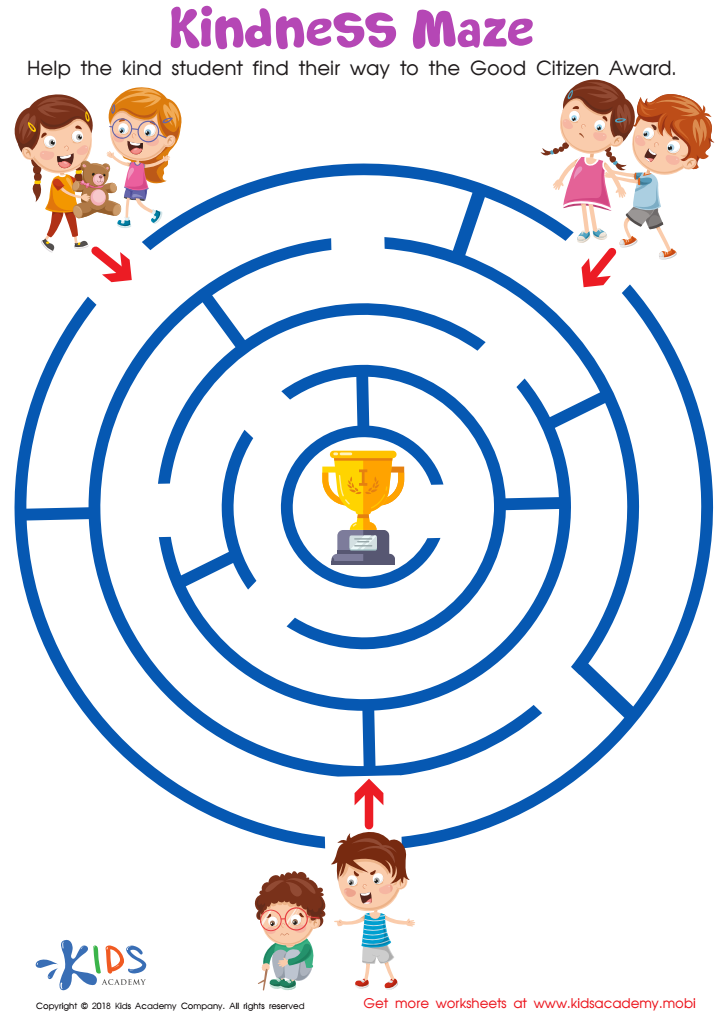

Kindness Maze Worksheet
Logical thinking development in children ages 3 to 7 is crucial for their overall cognitive growth and academic success. This stage is foundational as young minds begin to grasp concepts related to reasoning, organization, and problem-solving. Parents and teachers should care about fostering logical thinking because it enhances critical skills such as the ability to understand cause and effect, make decisions, and approach challenges methodically.
Engaging children in activities that promote logical thinking—like puzzles, sorting games, and storytelling—encourages them to analyze situations, identify patterns, and draw conclusions. As they navigate these tasks, children gain confidence in their abilities to think independently. This cognitive development lays the groundwork for more complex academic subjects such as mathematics and science, where logical reasoning is paramount.
Moreover, logical thinking supports emotional and social skills. Children learn to communicate their thought processes, collaborate with peers, and resolve conflicts through reasoned discussions. By prioritizing logical thinking development, parents and teachers empower children to become effective learners and thoughtful individuals, equipped to face both academic challenges and everyday life scenarios. Ultimately, nurturing these skills contributes to a well-rounded, capable future generation.
 Assign to My Students
Assign to My Students


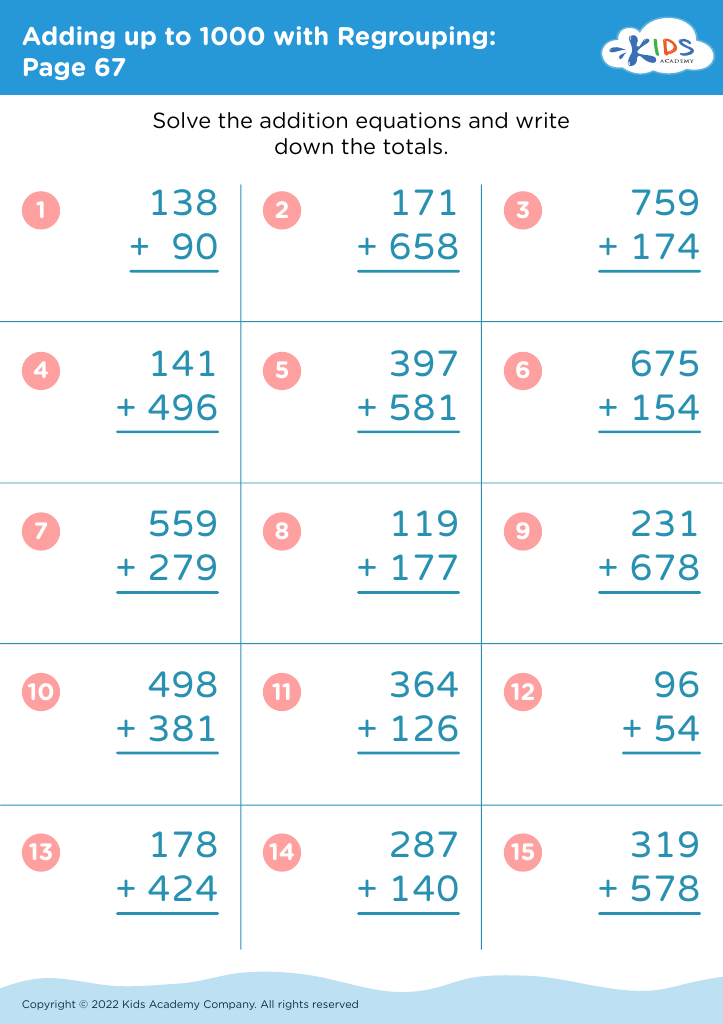

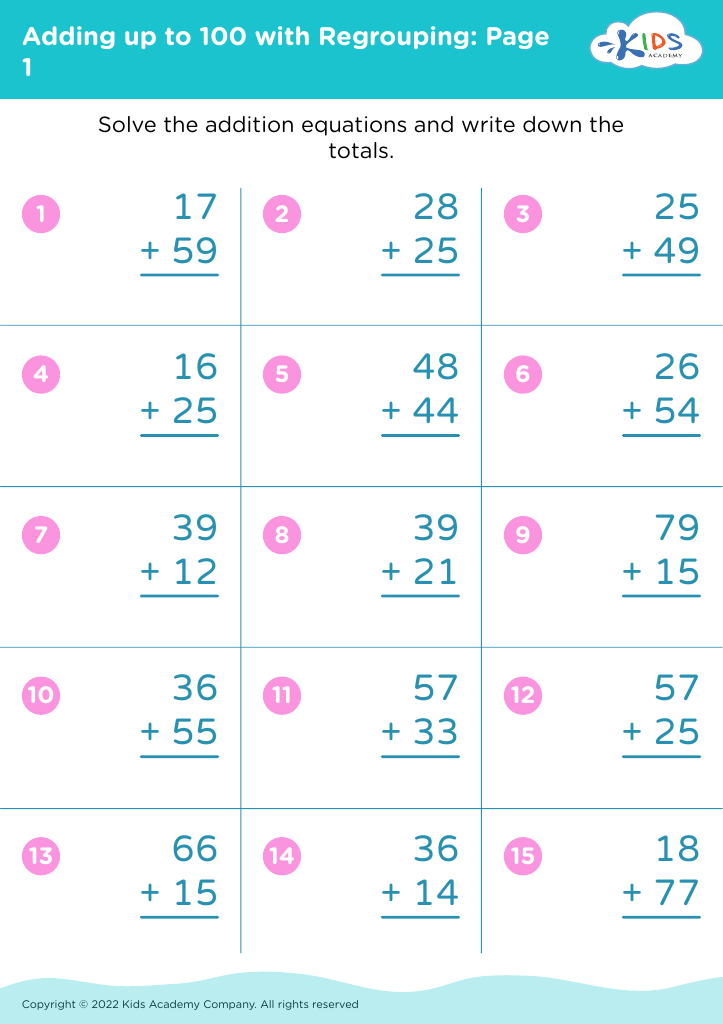
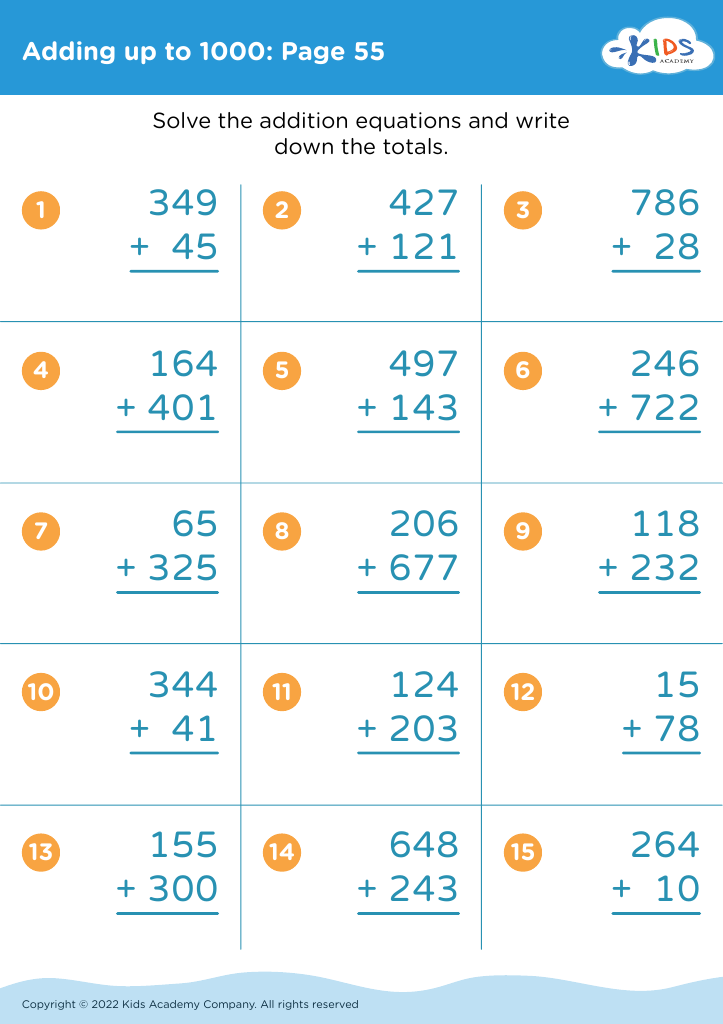
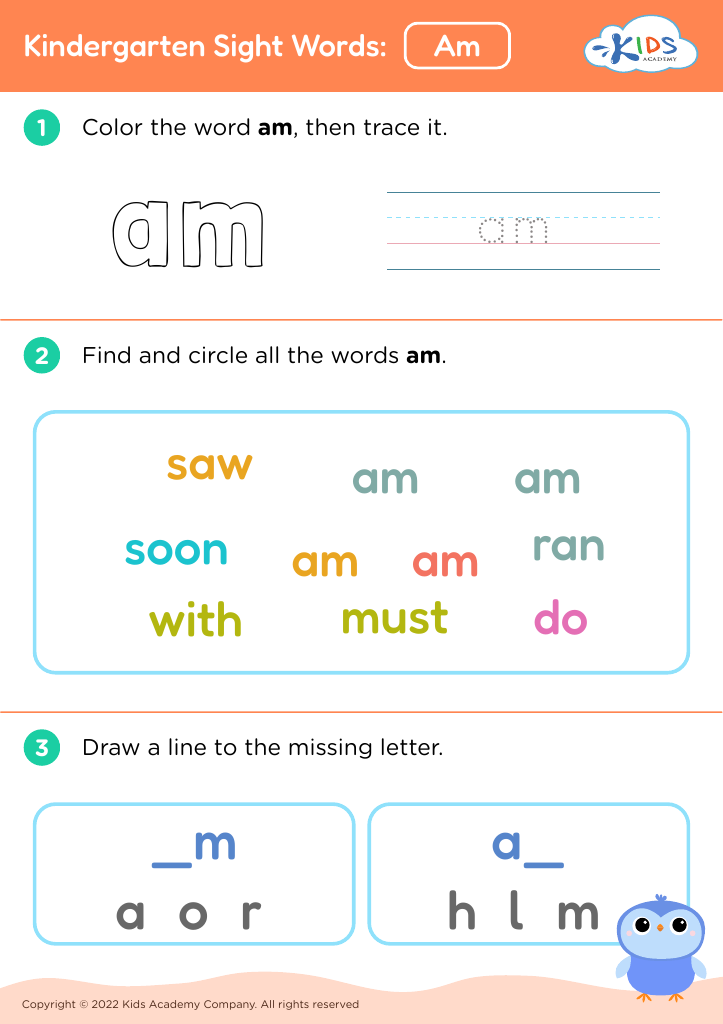



.jpg)



